
To Help Aging Populations, Classify Organismal Senescence
Comprehensive disease classification and staging is required to address unmet needs of aging populations
Recommendation
Some people view aging as inevitable. But what if people were to approach the ailments of old age as preventable, treatable and curable instead? In this article, more than two dozen experts argue for setting up a disease classification system through the World Health Organization that will allow basic and clinical researchers to do just that. Policymakers and fund-raisers will find this piece offers a novel and fertile approach to reducing the adverse impacts of senescence on humanity.
Summary
About the Authors
Stuart R.G. Calimport is an honorary fellow at the University of Liverpool and a fellow with the Collaboration for the Advancement of Sustainable Medical Innovation. His co-authors are Barry L. Bentley, Claire E. Stewart, Graham Pawelec, Angelo Scuteri, Manlio Vinciguerra, Cathy Slack, Danica Chen, Lorna W. Harries, Gary Marchant, G. Alexander Fleming, Michael Conboy, Adam Antebi, Gary W. Small, Jesus Gil, Edward G. Lakatta, Arlan Richardson, Clifford Rosen, Karoly Nikolich, Tony Wyss-Coray, Lawrence Steinman, Thomas Montine, João Pedro de Magalhães, Judith Campisi and George Church.








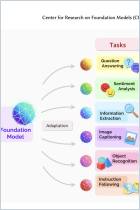
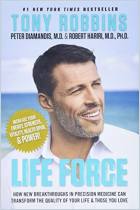
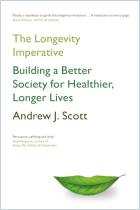
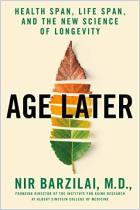

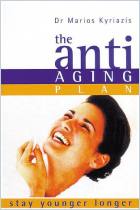
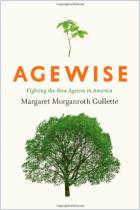

Comment on this summary or Démarrer une discussion